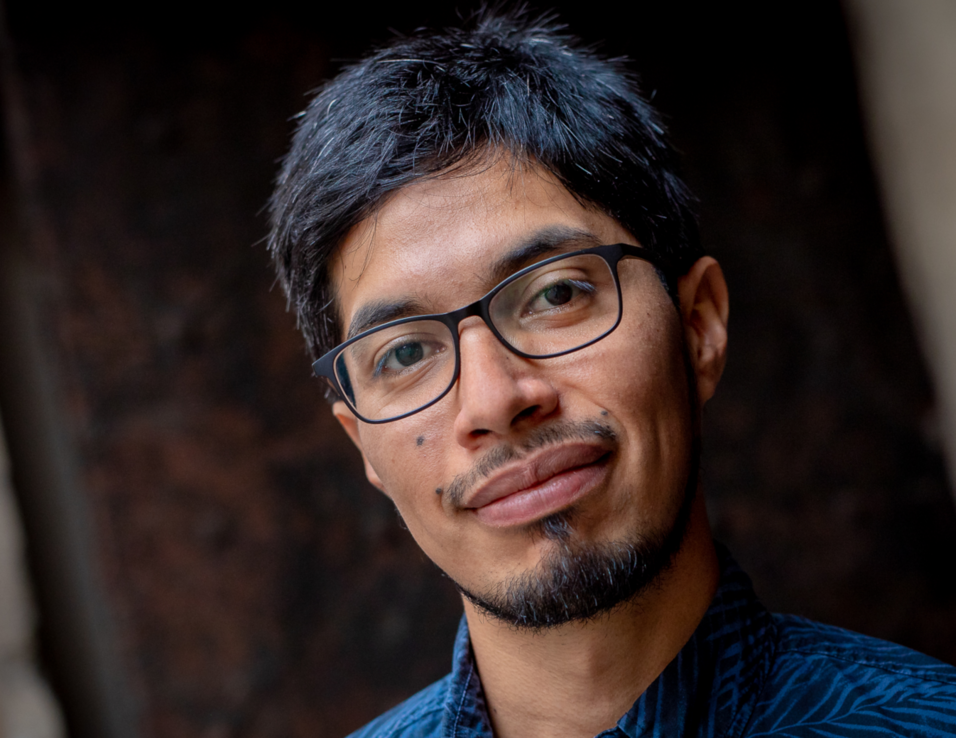Juan Bermúdez war bis 2023 als Mitarbeiter am Institut für Musikwissenschaft tätig und ist nun als Senior Scientist für Ethnomusikologie an der Universität Graz angestellt.
In seiner Dissertation beschäftigte er sich mit dem Thema "Virtual Musical.ly(ties): Identities, Performances & Meanings in a Mobile Application. An Ethnomusicological Approach to TikTok's Musicking" und erhielt dafür eine ehrenhafte Erwähnung durch das Komitee des Outstanding Dissertation Awards der International Musicological Society (IMSODA2025).
Abstract
In this ethnographic work about TikTok’s musicking in an Austrian context, the author aims to complement and build upon ethnomusicological assumptions, theories, and methods for the study of musical practices in digital spaces. Furthermore, this work examines digital musical practices in multimedia and multilocal spaces. Drawing from the understanding that the internet and its musical practices may constitute a daily, highly embedded, and embodied experience, the author develops new paths and points for reflexion; he thereby proposes foundations for an interdisciplinary musical-ethnographic model (Ethnography) for investigating multimedia and multilocal music practices.
This work provides an overview of elements that make up TikTok’s interface as well as the technical-performative possibilities that it allows. The author also introduces a general categorisation of existing performance types and how TikTokers appropriate the platform to make their music. This study illustrates how some TikTokers became aware of and began using TikTok, and it reviews some of the different strategies TikTokers apply to learn how to use the application and successfully develop their performances. The author explores how performers move from being “ordinary users” to becoming TikTokers, developing and performing an identity he calls TikTok Persona. Moreover, the author discusses how some TikTok practices can and have occurred across multiple, interconnected platforms, and he examines how localities are articulated and negotiated in these contexts. Through this work, the author argues for an understanding of musicking as a multimedia practice that different actors create and experience individually in everyday synchronous and asynchronous, physical and digital situations. The so-called TikTokers, the author demonstrates, create a sense of identity and community through their performances. This study suggests that a digital performance can be, aside from a representation of reality, an integral part of it, serving as a fundamental space for constructing and performing identity.

